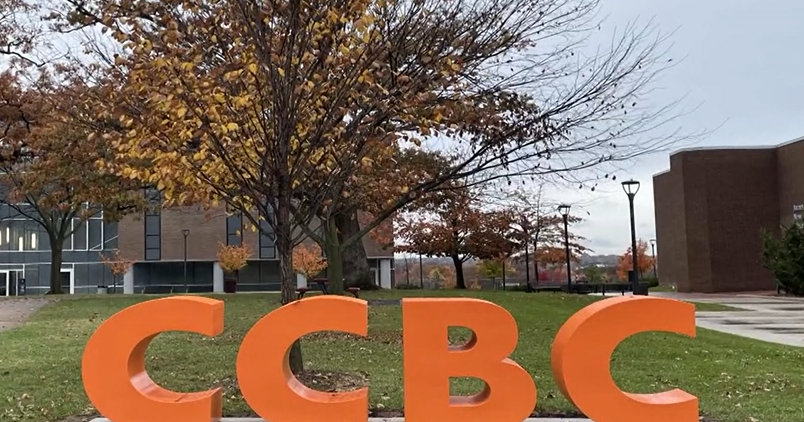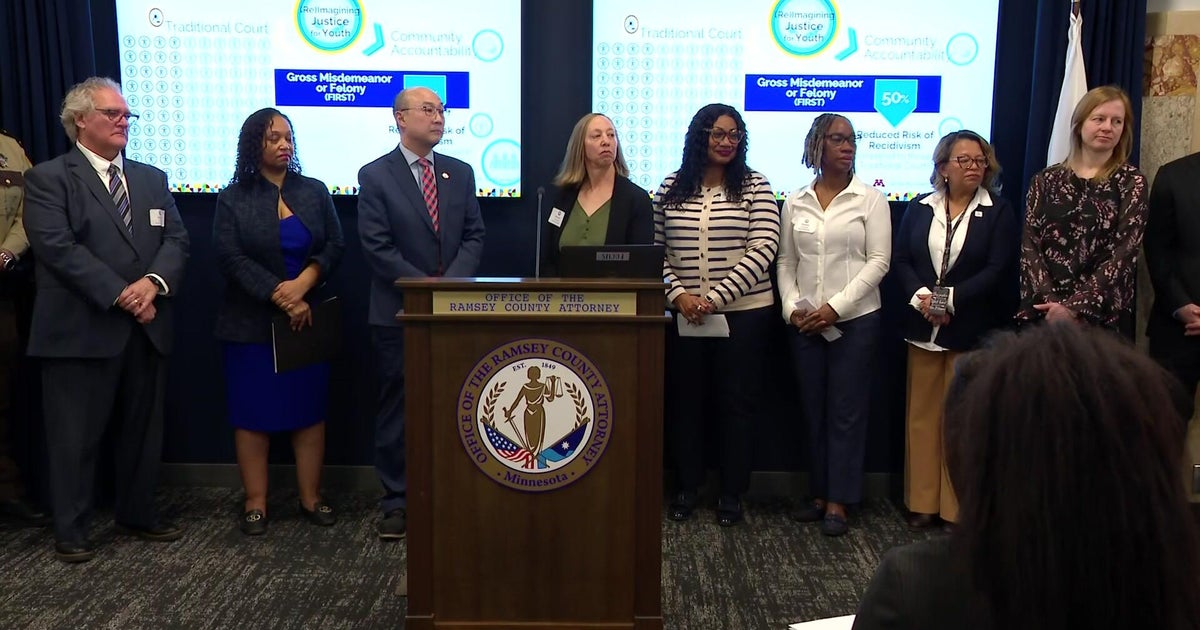College students learn about Baltimore County Police through HBCU internship
TOWSON -- The Baltimore County Police Department along with 29 law enforcement agencies nationwide recently participated in an HBCU summer internship program that allowed college students and recent graduates to learn the inner workings of a police department.
The program, sponsored by the Police Executive Research Forum, aims to bring about change through the program's capstone project.
"I think law enforcement is my path," said Sam Mensuphu-Bey, a senior at Coppin State University.
Mensuphu-Bey is a senior criminal justice major at Coppin State University who recently completed the HBCU summer internship program with the Baltimore County Police Department.
During the 8-to-10-week program, Mensuphu-Bey learned all about police operations.
"To learn about the different units that are going out in the community every day that you don't normally see like K9, bomb squad, crisis," Mensuphu-Bey said.
He also explored the past and present dynamics between Baltimore County police and the public, and integrated criminal justice theory and practice.
Capt. Paul Borowski supervised Sam throughout the program.
"[The program] allows us to explain our perspective, they get to bring their perspective and we get to meet in the middle and have a conversation and this have been one ten-week conversation that has changed both of our perspectives," Borowski said.
Mensuphu-Bey says the program changed the negative perceptions of police that he grew up with, like the belief that officers didn't really serve and protect their communities, but instead took advantage of them.
"During my experience here I learned that's not the case," Mensuphu-Bey said. "They're sacrificing their lives and they're humans just like us and they have families, and they actually care about their community and they want to make a change in their own community."
Now, Mensuphu-Bey says he hopes to inspire others like him to see law enforcement in a different light.
"This is a different avenue that they could take, a different path," Mensuphu-Bey said. "It's also easier on the public that someone policing looks like them and that I'm not there to take anything away from them, I'm just there to help my community."
At the end of the program, each intern must complete a data-driven capstone project with the goal of improving a specific functional area in the department.
Interns also receive compensation to support college expenses or pursue a career in law enforcement.






